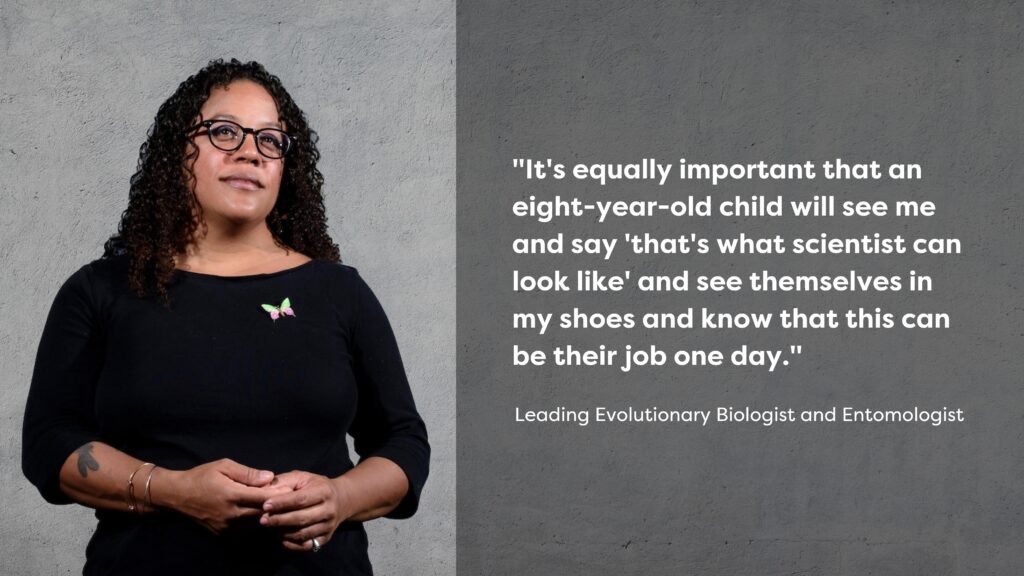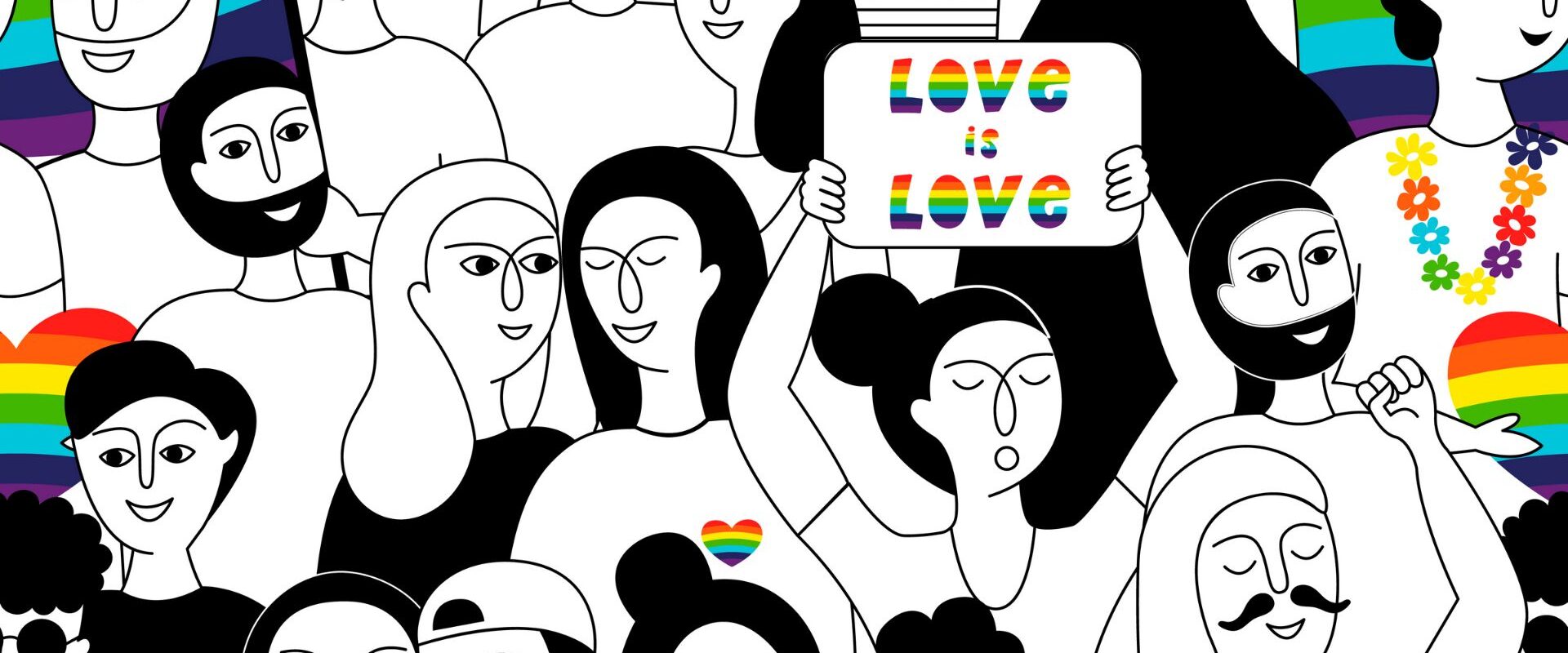LGBT History Month is an annual observance that takes place in February in the UK and October in the US to celebrate and raise awareness of the history, achievements, and contributions of lesbian, gay, bisexual, and transgender individuals. It aims to promote greater understanding, respect, and acceptance of diversity and equality in society, and to challenge homophobia, transphobia, and discrimination.
WHY THIS MONTH MATTERS TO US…
For In2scienceUK, which aims to inspire and support young people from underrepresented backgrounds to pursue careers in science, technology, engineering, and mathematics (STEM), incorporating LGBT perspectives and narratives in STEM education can help to promote a more diverse and inclusive STEM workforce, which can ultimately lead to more innovative and effective solutions to global challenges. It can also help to reduce the underrepresentation of LGBT individuals in STEM fields and to provide role models and mentors for LGBT students.
In the context of education, LGBT History Month provides an opportunity to incorporate LGBT-related topics and themes into the curriculum, to acknowledge the contributions and struggles of LGBT people throughout history, and to create a more inclusive and welcoming learning environment for LGBT students and staff. It can also help to challenge stereotypes and promote critical thinking and reflection on issues related to gender and sexuality.
HOW DID WE CELEBRATE THIS MONTH?
We started by having constructive conversations with our team, partners and students that felt strongly about the ways we could recognise and celebrate the important meaning behind LGBT History Month. This discussion was invaluable to us, and a great testament to our inclusive culture, ensuring everybody feels welcome and is supported in their role. This message of inclusivity is the whole message behind this month, and we chose to demonstrate our commitment to promoting social justice, equality, and inclusion, while recognising and celebrating important contributions of two LGBT individuals in STEM.
Jessica Lee Ware

Jessica Lee Ware is proudly recognised on the 500 Queer Scientists website, a leading Researcher renowned for her work in phylogenomics of insect evolution. This involves the reconstruction of evolutionary relationships that compares sequences of whole genomes, or portions of genomes. This is a field in STEM that is not often talked about and is often overlooked.
We were inspired after hearing about her introduction to the world of STEM, in her own words, through an excellent podcast. She talks about her journey to become president of the Entomological Society of America and a curator at the American Museum of Natural History. We would like to share her journey with you here: https://leaps.org/insects/
Jon Freeman
Jon Freeman is a prominent Psychologist and Associate Professor of Psychology at Columbia University and director of the Social Cognitive & Neural Sciences Lab. Freeman’s advocacy work is focused on bringing about transformative change in the equity of LGBTQ+ people in STEM and higher education. Through his research, he focuses on how we perceive other people, such as how we categorise others into social groups, infer their emotion or personality via facial cues, and more generally how we understand and react to our social world.
His work examines the cognitive and neural mechanisms underlying person perception, stereotyping and less conscious forms of bias, and decision-making in social contexts, including the interplay of social, emotional, and visual processes in perceptual and interpersonal judgments. He takes an integrative and multi-level approach that makes use of several techniques, including functional neuro-imaging, computational modelling, and behavioural paradigms. We would like to share his website, which covers his work in further detail here: Jon Freeman | Columbia University (jonbfreeman.com).
WAYS THAT WE SUPPORT THIS COMMUNITY
LGBT History Month plays an important role in promoting understanding, awareness, and acceptance of LGBT+ individuals, their experiences, and their contributions to society. It is an opportunity to celebrate diversity and promote equality for all. As an organisation we support this community in several ways:
We recognise the contributions of LGBT+ individuals
LGBT History Month provides an opportunity to recognise the contributions and achievements of LGBT+ individuals throughout history. It helps to highlight the important role that LGBT+ people have played in shaping society and culture, from ancient times to the present day.
We promote awareness and understanding
We raise awareness and understanding of LGBT+ issues, including the challenges and discrimination that LGBT+ people have faced and continue to face. By promoting education and awareness, it helps to create a more inclusive and accepting society. We have promoted and attended various online events that celebrate and cover the lives of LGBT+ STEM professionals.
Inspiring future generations
We work with LGBT creators to bring their stories as STEM professionals to the forefront and can inspire future generations of LGBT+ individuals by providing role models and examples of resilience and perseverance in the face of adversity. It can also help to empower LGBT+ youth to embrace their identities and live authentically.
Creating an inclusive workplace culture
We are committed to an inclusive environment where people feel comfortable being themselves and don’t have to hide their identities. Creating a supportive and inclusive workplace culture is essential for supporting LGBT individuals. It starts with leadership and requires a commitment to ongoing education and awareness-building. We pride ourselves on fostering a sense of community and belonging for LGBT+ people, as well as provide a platform for them to share their stories and experiences.
